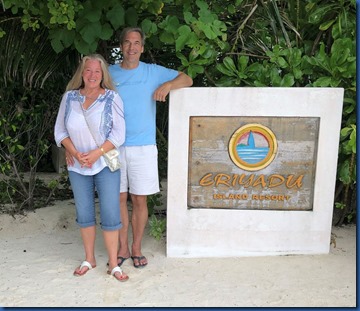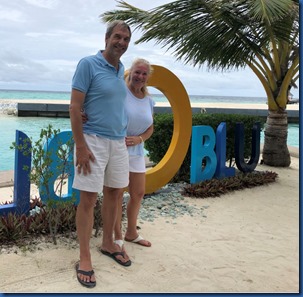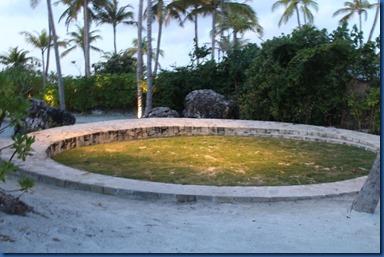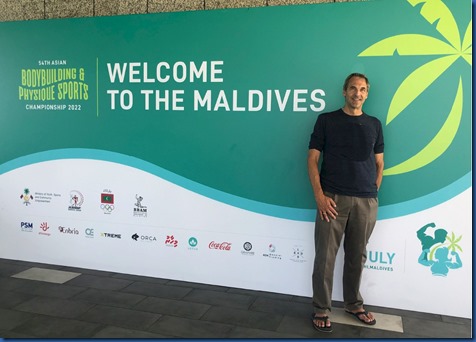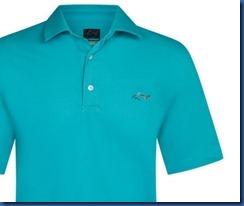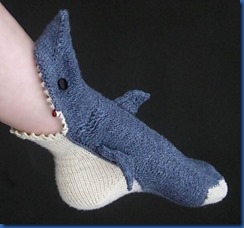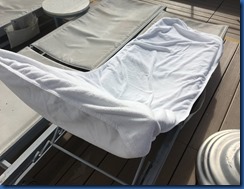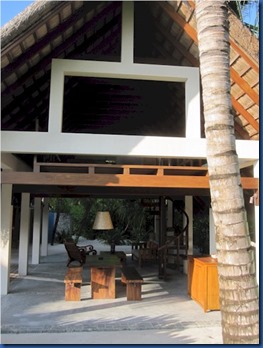A short montage of “couples on the reef” from our July 2022 snorkeling adventures
Happy Snorkelling Day 2022! Reefs in the Maldives have taken a beating in recent years from warming ocean temperatures, higher water acidity, disruption from development, Crown of Thorns Startfish, and El Nino. But one of the most satisfying discoveries from our 2022 research tour last week was the prevalence of promising coral growth. The block corals in particular (eg. Diploria and Porites) seem to be faring the best (in fact, recent research published in Global Change Biology supports the hardiness of certain species like these). But encouraging croppings of a range of species are also to be found.
And this endurance is probably part of the reasons that Snorkeling Seas’ “The best countries around the world for snorkeling” rates Maldives as #2 behind Australia. But while the corals are the literally bedrock to the Maldives’ famous reefs, coral is not the only aspect that makes for exceptional snorkeling. Whenever you find a piece on the top snorkelling spots in the world, they come with the obligatory disclaimer that such distinctions are highly ‘subjective’. Yes, any qualitative assessment is by definition so, but a bigger part of the challenge is the complexity of the ranking. There are many aspects to great snokelling. You might see an octopus riding a manta-ray using a moray eel as a whip which would make for a pretty spectacular snorkel outing. But the spot itself might be missing lots of other standard features (and that cowboy octopus might not be a reliably regular sighting).
I’ve been snorkelling in the Maldives for two decades and have visited over 100 different islands. To help break down the Distinctions, I’ve come up with the 8 D’s…
- Density – Are the fish and coral just packed in like a Tokyo metro or scattered more widely? The best spots are like a grandma’s attic packed the brim with colourful and curious sights. Or “fish soup” as it is sometimes colloquially referred to.
- Diversity – Does the destination present a wide portfolio of sea life or is it a one-hit wonder? Maybe a spot presents a once-in-a-lifetime chance to swim with a manatee or see a whale migration, but are there side shows as well? The best spots are a veritable 3-ring circus of multiformity.
- Dazzle – Is there a ‘wow’ factor? The place to start here is the ‘Snorkel Safari Big 5’ (ie. Shark, Turtle, Ray, Moray, Lion Fish).
- Distance – Is it easy to just jump in and you are on the reef in minutes? Easy accessibility is also part of the carefree, unencumbered, relaxed and spontaneous ethos of snorkeling culture. Something close to shore or the resort so you can throw on your mask and fins and pop-in at the drop of a hat.
- Degrees – How’s the water? Some amazing underwater sights are situated in less temperate areas. As a result, a wet suit is a advised and sometimes even a dry suit is needed. Whatever the underwater allure, chilly water is definitely a detraction. The ideal snorkeling is enjoying the sun on your back and nothing more to fuss with than a t-shirt.
- Detection – How far can you see? This is a big D word for ‘water clarity’. Clarity tends to be good on reefs which are essentially giant water filtration systems, but they can vary due to currents, sea bed constitution, and ecosystem.
- Dependability – How reliable is the great experience? Are some excursions delights and other duds? A number of sites will have renowned ‘events’, eg. migrations, seasonal activity, feeding, but are only there certain times. The less predictable the less appealing.
- Drop-off – What is the shape of the underwater landscape? A reef ‘drop-off’ is ideal combining the inner reef lagoon shallows (where one can meander horizontally and even stand on sand – never coral! – and see fish in brightly lit sunlight) with a dramatic vertical dimension with deep water schools and marine animals. Pure deep water and pure shallows are never as good as a drop-off combo.
Note: The TripAdvisor Maldives Forum also features a robust discussion of the subject of “What Do We Mean By A Great Reef”.

